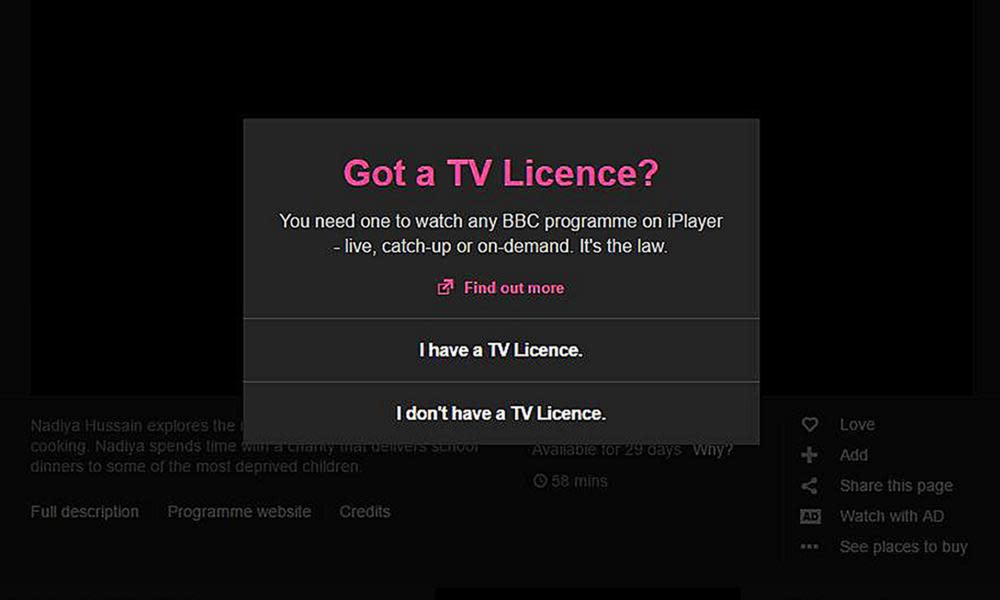BBC to investigate TV licence enforcement by outsourcing firm

The BBC has ordered an investigation into how an outsourcing firm collects the TV licence amid claims that it runs an aggressive incentive scheme to maximise collection of fees from non-payers.
Under a bonus scheme alleged by the Daily Mail, Capita’s enforcement officers are told to catch more than 28 licence fee evaders each week, as part of the company’s £58m contract to collect the charge.
Staff targeted vulnerable people, including this month a war veteran with dementia and a young mother in a women’s refuge, the Mail reported.
Capita was said to have told an undercover reporter, who posed as an applicant for an enforcement job, that the company was “greedy” for as much cash as possible.
Area TV licensing manager Ian Doyle was filmed saying: “We are looking to get 28 licence sales per week from each officer. As soon as you hit that magic 28 there’s a bonus ... Basically you’ve got to get 28 conviction statements before you can start hitting extra money.”
He joked that the job involved “attacking poor unsuspecting victims”.
The BBC told Capita to investigate the claims and “ensure swift and appropriate action” was taken. It confirmed that Capita operated an incentive scheme for enforcement officers, but insisted that this should only apply to licence fee sales and not prosecution statements as the undercover footage suggested.
A letter to Capita from the director general of the BBC, Tony Hall, demanded reassurances that the practices revealed by the investigation were not standard, and the collection teams were not targeting vulnerable people.
In the letter, released by the BBC, he wrote: “Public trust is the cornerstone of the licence fee system. It is clear that, in this instance, Capita has fallen short of the standards the BBC has a right to expect on behalf of the British public.”
A BBC spokesman said: “We are very disappointed by the conduct of Capita’s interviewing managers in this particular case, which is not in line with the high standards we expect and does not reflect the policies in place.”
It added: “We have asked Capita to investigate urgently and ensure swift and appropriate action is taken. We expect inquiry officers to behave in a courteous, professional manner and abide by a published code of conduct.”
A spokeswoman for Capita said: “Inquiry officers are expected to act in a professional manner, abide by strict rules of conduct and adhere to the Pace [Police and Criminal Evidence Act 1984] code of practice and we strongly refute any allegation that inquiry officers are instructed to act outside of these requirements.”
She added: “The comments made by these individuals do not reflect the culture, skills and attitude of TVL’s operation. We have a strong set of procedures in place and should we find employees have not acted as they should we act appropriately. We are investigating.”
The House of Commons culture, media and sports committee is to raise the issue with both Capita and the BBC.
Downing Street said ministers would raise questions about the conduct of the enforcement officers with the BBC.
“Clearly, these are concerning reports. The licence fee does need to be collected in a fair and reasonable manner. I see the BBC has quite rightly ordered an urgent investigation into these reports,” a No 10 spokesman said.
After the undercover footage was recorded, Capita realised that the reporter’s CV was fake and so refused to give him job as a Capita field officer, a Capita source said.
Capita’s incentive scheme did not reward the collection of prosecution statements, the source added.
Tory MP Andrew Bridgen condemned the alleged incentive scheme and said it “further increases the pressure to decriminalise those evading what amounts to a TV tax”.
He added: “I’m not in the least surprised. My constituents have complained to me of being treated very aggressively by those acting on behalf of the BBC to collect the TV licence.
“The shocking things is that BBC doesn’t appear to know how those collecting the fees are operating.”
Anyone with a television or who watches iPlayer without a licence can be fined up to £1,000 and given a criminal record. The government has threatened to revive plans to decriminalise non-payment in a move that could cost the corporation £200m a year.

 Yahoo News
Yahoo News 
